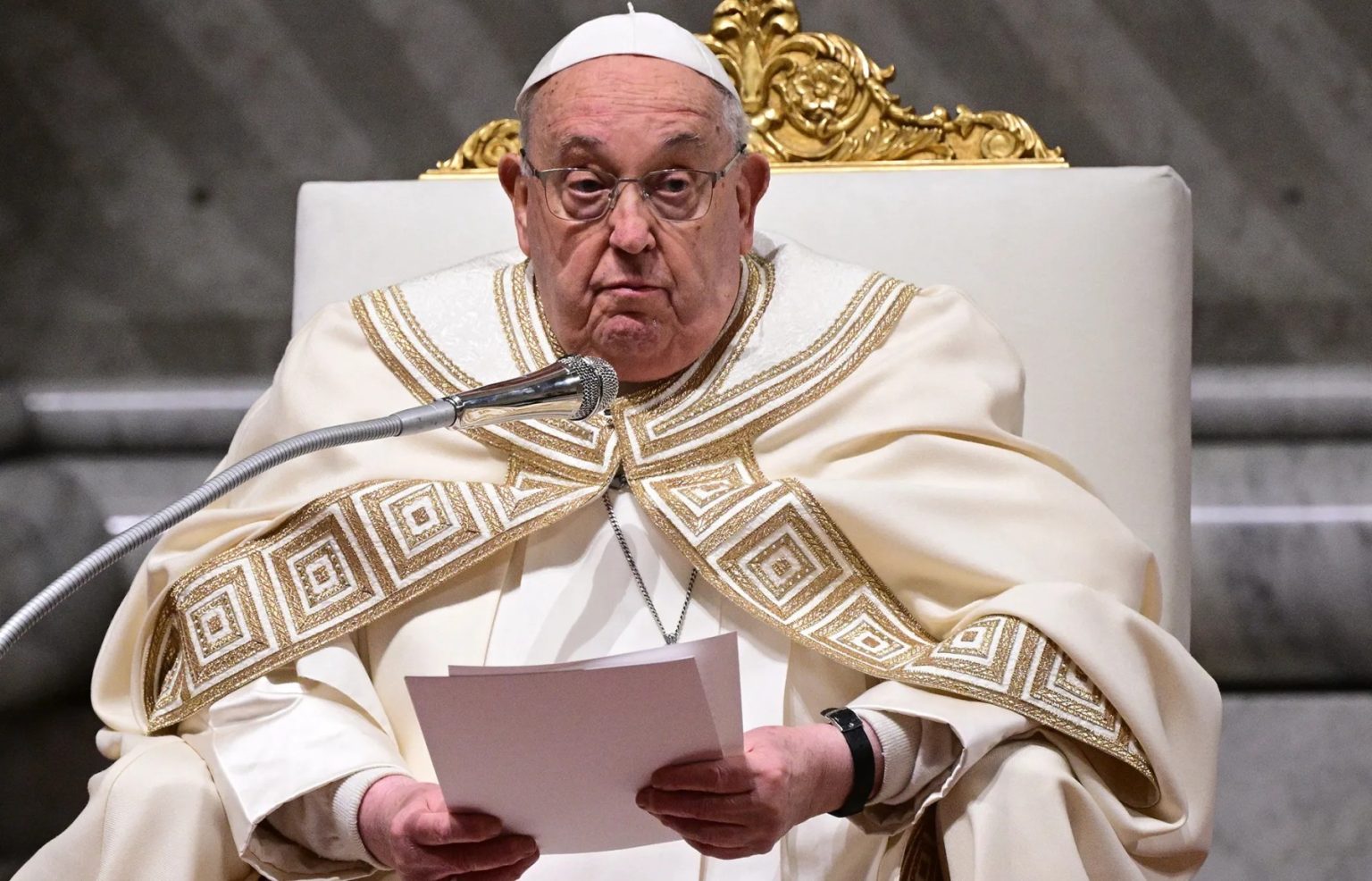Remembering Pope Francis: A Legacy of Compassion and Reform
Pope Francis, born Jorge Mario Bergoglio in Buenos Aires, has passed away at the age of 88, bringing an extraordinary era in the Catholic Church to a close. His death was announced by Cardinal Kevin Farrell, Camerlengo of the Apostolic Chamber, early on Easter Monday. After a lengthy battle with health issues, including a struggle with double pneumonia, Pope Francis’ passing leaves behind a profound legacy of faith, humility, and transformation.
A Pontiff Who Changed the Church
Pope Francis was the first Latin American pope and the first non-European leader of the Catholic Church in over a thousand years. Elected in 2013, he quickly became known for his efforts to modernize the Church, calling for greater inclusivity, social justice, and compassion toward the marginalized. His leadership style was marked by simplicity—he lived in a modest guesthouse instead of the grand papal apartments and often stressed service over status.
In his final moments, Pope Francis remained true to the values he championed throughout his papacy. According to Cardinal Farrell, the pope’s last words reflected his lifelong dedication to living the Gospel through acts of love and justice. “He taught us to live the values of the Gospel with fidelity, courage, and universal love, especially in favor of the poorest and most marginalized,” Farrell said in an emotional address.
Health Battles and Unwavering Service
Throughout his life, Pope Francis faced significant health challenges. As a young man, he underwent surgery that removed part of one lung due to a severe infection. In later years, respiratory problems and mobility issues became increasingly serious. By 2023, his battle with pneumonia required multiple hospitalizations, and his public appearances had grown less frequent.
Despite these health setbacks, Pope Francis continued to serve with unwavering dedication. He traveled internationally, championed peace efforts, addressed climate change, and pushed for a more welcoming Church. His willingness to endure personal suffering while continuing his ministry endeared him even further to millions around the world.
Recognizing the realities of aging, Pope Francis had prepared a resignation letter early in his papacy, stating that he would step aside should his health no longer allow him to fulfill his responsibilities. His openness on this issue reflected a broader theme of his leadership: humility and a forward-looking approach to safeguarding the Church’s mission.
An End of an Era
Pope Francis’ passing on Easter Monday—a day symbolizing renewal and hope—feels especially poignant. His death comes not only as a moment of mourning but also as an invitation for the global Catholic community to reflect on the powerful messages he leaves behind.
He challenged the faithful to think beyond traditions and engage directly with the world’s most pressing issues, from poverty and migration to climate change and economic inequality. His papacy called for a Church that listens, welcomes, and walks alongside those who suffer.
As the Church prepares for the election of a new pope, Pope Francis’ spirit of reform and mercy will continue to influence Catholic thought and action for years to come. His memory stands as a testament to the power of compassionate leadership in a rapidly changing world.
